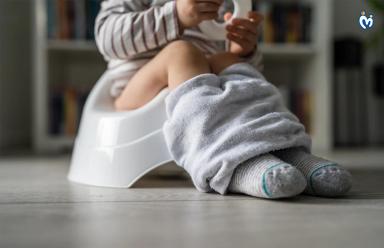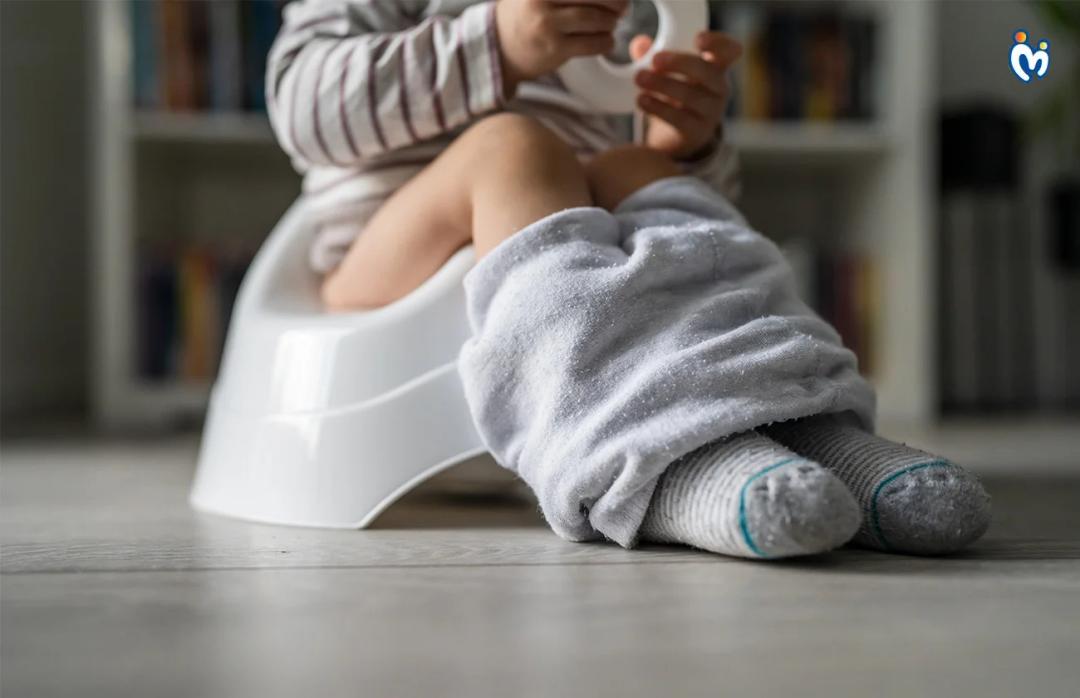Childhood is a journey that begins way before the actual birth of the child. While in the womb the baby goes through various developmental milestones. From being known as an embryo to being called a fetus to be born as a chubby and cute little baby. Human life is divided into various developmental stages. While the development of the human body is a continuous process, however, initial 5 years of a child’s life are critical for development. The experiences children have in these years help shape the adults they’ll become. As a parent, your relationship with the child plays a big role in the way he learns and develops. Largely development is a term that is used to describe the changes in your child’s physical growth, ability to understand, learn the social, emotional behavior along with thinking and communications skills. All these skills are interconnected and hugely impact the way the child grows in life. As a child grows from being an infant to being a teen and then an adult - he goes through a series of developmental stages that play a crucial role in all aspects of their personhood that includes, physical, intellectual, emotional and social. And first five years of life are most crucial as your child’s brain is developing very fast and more than any other time of his life. Early experiences, relationships, and things he feels sees, hears, touches, smells or tastes stimulate his brain creating millions of connections and memories for life. This is the time when the foundation of a good adult is laid and stays with them throughout life. During these growth years, most of the parents find the 2nd year to be the most difficult one to deal with and overcome the drastic changes a child undergoes. Well, personally I would have to agree that 2nd year is indeed a troublesome two. 2nd year of the child is full of drastic changes like he begins to interact more, understand little more, is able to speak few words, able to express little more and is also getting irritated with his expressions not being understood by the parents. It’s important that your child is developed well emotionally for him to function properly in all other areas. Thus, today in this post I would highlight the importance of emotional development in toddlers (2 yrs. old) and ways to ensure the same.
Emotional Development
 As your infant grows into a baby and later into a toddler he is on the move and is discovering the world altogether in a different way. Children at the age of 2 years are ready to explore everything around them - they show a sense of a stronger self and want to do things independently. They are ready to have a playmate to play along, may or may not be eager to share their toys, are often found expressing their emotions in a unique way and also get aggressive when their feelings are not reciprocated or understood by the ones around.
As your infant grows into a baby and later into a toddler he is on the move and is discovering the world altogether in a different way. Children at the age of 2 years are ready to explore everything around them - they show a sense of a stronger self and want to do things independently. They are ready to have a playmate to play along, may or may not be eager to share their toys, are often found expressing their emotions in a unique way and also get aggressive when their feelings are not reciprocated or understood by the ones around.
Emotional milestones of a toddler
 As mentioned, kids in the second year of their lives become more active, expressive, ready to explore the world and find a playing partner as well. They are open for new challenges and with support from parents want to do a lot. Not being able to express themselves can at times be frustrating for them. By the end of 2nd-year kids usually are able to do things like:
As mentioned, kids in the second year of their lives become more active, expressive, ready to explore the world and find a playing partner as well. They are open for new challenges and with support from parents want to do a lot. Not being able to express themselves can at times be frustrating for them. By the end of 2nd-year kids usually are able to do things like:
- Be happy to have a company to play with
- Be more independent and do things alone without help
- Disobey more than before, doing things he’s told not to do, just to test what happens
- Helps with simple household chores
- May or may not want to share the toys. Might get aggressive and hit or push or grab to keep the toys
- Demonstrates concern for others around. Try and understand the feelings of others and be more empathetic towards them
- Show signs of fear and would like to be reassured
Tips to help your child grow emotionally
 Pretend play is one of the important aspects of growing up emotionally strong. Explore the ideas of playing with your child through play
Pretend play is one of the important aspects of growing up emotionally strong. Explore the ideas of playing with your child through play- Help your child express his feelings as per his age
- Get your child to play with other kids his age and talk with about playing with others
- Let your child help you with basic chores at home like cleaning up water spills or anything else, folding small clothes or keeping them in a drawer or helping in cleaning up the toy mess. This will help your child develop a sense of responsibility and they will feel strong.
- Talk to your child ahead of time about new routines and events.
- Introduce good etiquettes and use of words like “please” and “thank you.”
- Be empathetic towards your toddlers’ emotions. Never brush them off.
- Unable to express completely can make them frustrated. Help them with ways to deal with feelings. For example- When you feel angry to come and get Mumma or Papa’s help
- Have a fun time with your toddler. Laughing and having fun together will give a good emotional feeling
- Read simple stories to your child that talk about emotions
- Dance on rhymes that showcase emotions. For example, If You're Happy and You Know It
- Compulsorily offer to cuddle and hug your child when you see him sad. Remember to not force yourself on him. Offer support but not force
- Talk about other kid’s emotions also with your child
Toddlers learn and develop various skills when you let them play, explore, follow their interest areas and explore things around. As parents, we need to just give them enough support so that they can master on various skills. To help them grow strong emotionally we need to be empathetic towards their feelings, provide enough support, try and understand them and their frustrations, be available to just hold them when needed and much more. Parents should always keep in mind that kids develop at different paces. In case your child is late to attain few of the developmental milestones, don’t panic. If he is not meeting many of these milestones as he approaches the age of 3, consider talking to a specialist and see if early evaluation and intervention can help him develop these skills gradually. Remember that what matters is to support your child in moving forward from where they are now. Happy Parenting!
















